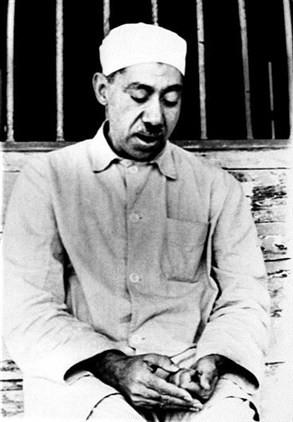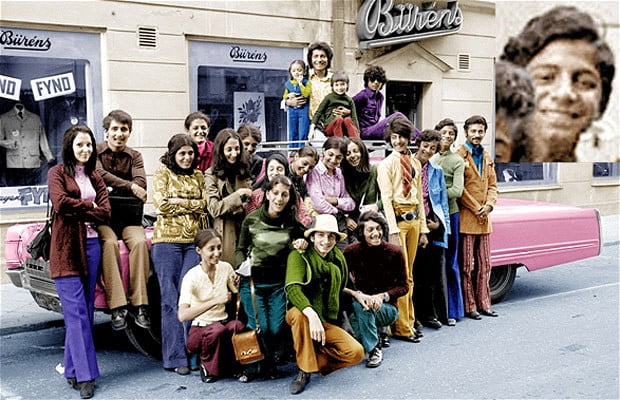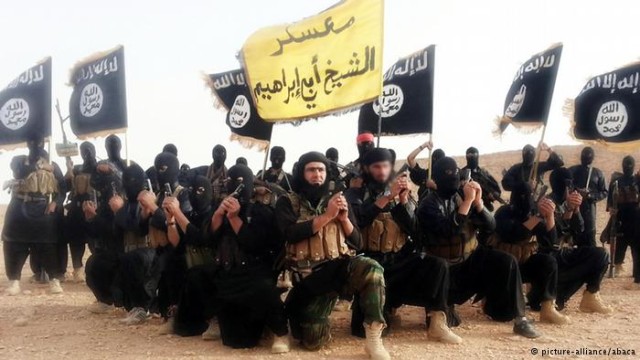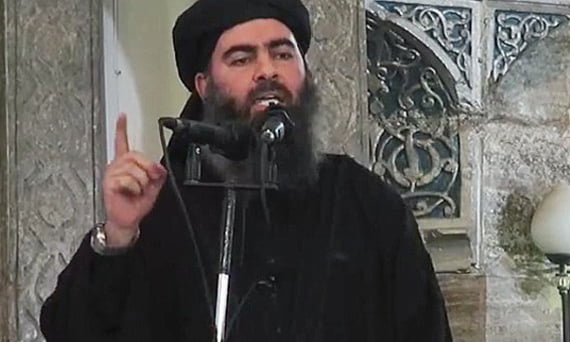The essayist E.B White in 1948, once observed, “New York, for the first time in its history is destructible. A single flight of planes, no bigger than a wedge of geese can quickly end this island’s fantasy, burn the towers, crumble its bridges and turn the underground passages into lethal chambers, cremating millions.”
It would seem to us of the 21st century that Mr. White showed an unbelievable degree of foresight and yet, the reality is that he was simply stating the vulnerability at the dawn of the nuclear age.
As that black September day unfolded, that feeling of vulnerable nakedness would return as millions bore witness to the sight of the twin towers biting the dust. A decade later, no matter how much we play, loop and rewind the images and film all over again, one can hardly be said to be any closer to understanding the motivation and process of the people behind that heinous act. No one, I daresay, comes as close as Lawrence Wright, the author of the 2007 Pulitzer-prize winning book ‘The Looming Tower.’
‘The Looming Tower’ begins in America, the same country where the story inevitably and ironically ends. It begins with the story of the educated, intellectual Sayyid Qutb, the father of modern-day socio-political Islam who disillusioned by the materialism of the West, returns to the very homeland he fled years back, only to feed generations of young men looking for meaning and purpose with his lonely genius. A generation epitomized none more so than by Osama Bin Laden, one of the heirs to the richest Saudi contactor, who would go on to become to become the face of terror and his physician-propagandist ‘friend’ Dr. Ayman Al-Zawahiri.


(Above)Osama Bin Laden, 2nd from right
The biggest asset of Wright’s book lies in its characters. People like Laden, Zawahiri and Ramzi Yousef could easily have descended into the mould of stereotype, as crazed schemers out for war and blood. And yet, strangely enough, Wright humanizes them. He gives them flesh and bone and ironically, even heart and emotional heft. Anecdotes such as Laden tearing up at a soulful rendition on his daughter’s wedding day or Zawahiri braving landmines to attach a catheter to Laden all lend credence to the layers Wright adds to each of his characters. By baring the motivations of these characters, Wright dignifies them and makes them more accessible as a person to the reader.
This is also true for the Hamlets in this tragic tale of Shakespearean proportions. Wright’s book also tells the story of the dedicated few, including FBI’s counter-terrorism expert John O’Neil, who sadly met his end when United 175 crashed into the South Tower. And this is where, unlike the first portion of the book which reads like narrative fiction that the book picks up like a thriller, which is surprising because the inevitability of that fateful morning is written the day USS Cole is bombed in Yemen. And that remains the biggest success of ‘The Looming Tower,’ that non-fiction is brought to life like a livewire fiction piece. Not to mention, Wright’s book is only tempered by extensive research on his part, which makes us more than merely a spectator but a willing witness to history.
Even with Laden killed and Zawahiri hiding down a hole somewhere today, the book is as relevant as it was seven years ago. The reason, not being its rather extensive research or its astonishingly fine prose, but the point it makes, against popular assertions that personalities matter and that a small group of charismatic and determined people can have a profound influence on the course of history.
Laden wasn’t as most analysts believed just a financier of terrorism. He was also a veteran of the Soviet war, a relic of a war which saw faith battle against godlessness and one of the generation to find their true purpose in the words of Syed Qutb before him.
For youth suddenly orphaned by the Soviet withdrawal, Laden provided sanctity away from home, which in turn was reciprocated by loyalty, a feature that stood largely unblemished even as he was dislocated to the barren lands of Sudan. As complex as his motivations were, his character and charisma drove the Al-Qaeda for all those many years. And the fact that, until that fateful morning, he was but a footnote in the reports reveals a lot about the general lack of initiative taken against him. Intelligence agencies failed to identify and perceive the determination of Bin Laden to change history, a sad fact acknowledged by their failure to identify the progression that began with the bombing of U.S helicopters in Somalia, to the Embassy bombings in 1998 to USS Cole. Instead, their belief in the ceaseless flow of history proved to be their failing against the man who dared to change it.
As the insurgency primarily under ISIS head Abu Bakr Al-Baghdadi rages on today, the U.S finds itself trying hard to do the right thing, by getting all it can about the man behind the line of fire. And yet, a lot of info on Baghdadi is still mere conjecture, a surprising fact considering he was a CIA ‘civil detainee’ once. The U.S.A must hope that this time around, it does not make the mistake of misreading someone’s intentions because if the past is any reminder, history always serves up a cruel reminder every now and then.


Lawrence Wright’s book is a lot of things, least of all a mere book. It is a seminal piece that needs to be read by each and every person who wishes to understand the world order in the 21st century. It is an insight on the human frailties that plagued the best Intelligence agencies in the world to bungle an investigation into an attack that could have been stopped in its tracks, a pulse it shares with Steve Coll’s equally good Ghost Wars: The Secret History of the CIA, Afghanistan and Bin Laden. Above all, it is a meditation on how we often see all people accused of wrongdoing through the same lens, without giving thought to their varying inspirations and motivations. And how often that, sadly is our undoing.
By- Jibin Mathew George































